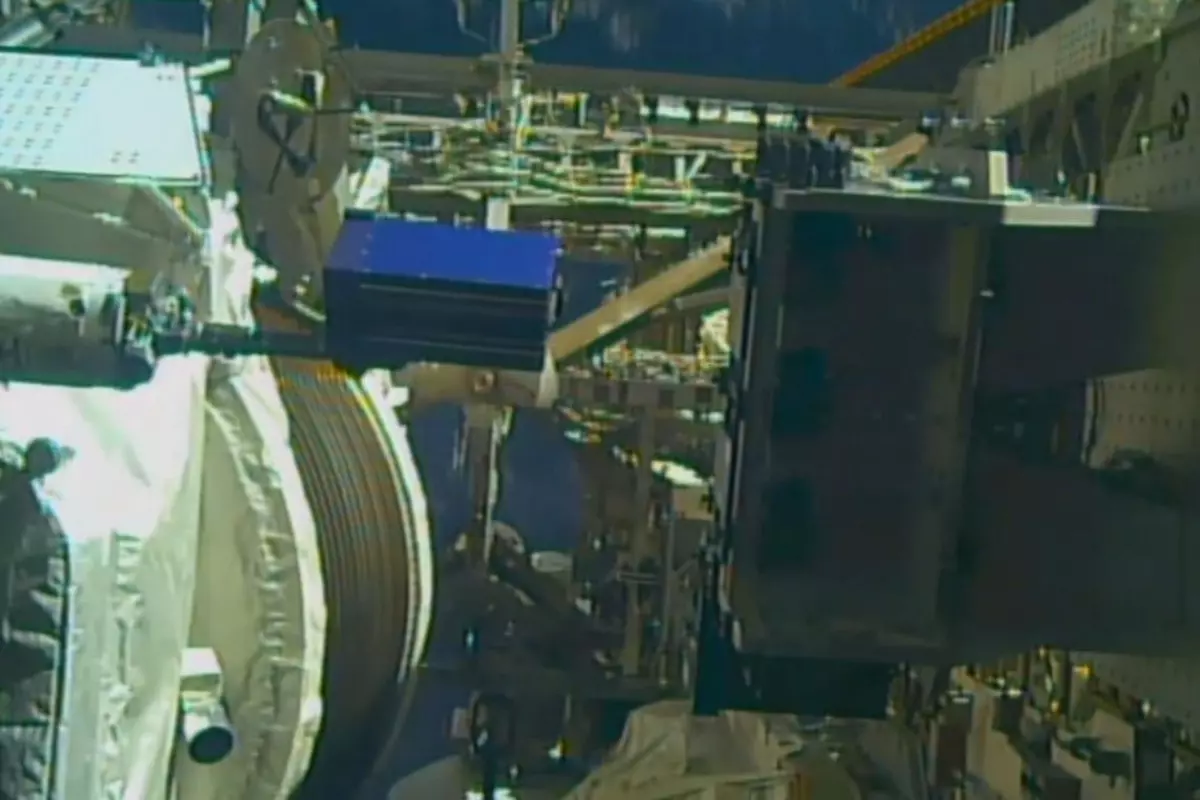The latest resupply mission to the International Space Station (ISS) is carrying a very special shipment of pills from the University of Adelaide as part of a project to develop techniques to allow astronauts to manufacture pharmaceuticals on long deep-space missions.
Since the earliest days of spaceflight, crews have carried along an assortment of medicines to keep them healthy on their missions. Along with the usual nostrums that can be found in any home first aid kit, they also carried various antibiotics and painkillers to help them deal with emergencies while hundreds of thousands of miles from the nearest casualty ward.
Today, the ISS has a fully stocked medical cabinet, which is routinely resupplied, but humanity's desire to move farther out into the solar system poses a problem. Many medicines have expiration dates and the harsh conditions of space travel can cause medicines to degrade much faster than they would on Earth. This means that missions to Mars that could take as much as three years could find themselves in a real medical bind.
To overcome this, a team led by Professor Volker Hessel, Research Director of the Andy Thomas Centre for Space Resources and Professor in the School of Chemical Engineering and Advanced Materials at The University of Adelaide, along with Alpha Space and Space Tango, is sending blister packs containing 60 pills to the ISS. They look like perfectly ordinary medicines, but they're actually configured as if they were manufactured in space.
The active ingredients in the pills are ibuprofen and vitamin C, but the stabilizing ingredients consist of items like silica, magnesium silicate (talcum), and calcium phosphate, which can be found on the Moon. These will be placed in Alpha Space's Materials International Space Station Experiment (MISSE) platform, which is installed outside the space station. There, the pills will be exposed to the vacuum, temperature extremes, weightlessness, and hard radiation of space.
Six months later, the pills will be removed and returned to Earth, where the Adelaide team will examine them for signs of destabilization and deterioration. The goal is to then use the data to develop ways for future space crews to make their own medicines on demand.
"After spending six months in space, the tablets, which were made at the University of Adelaide, will return to Earth where we will test what effect the space environment has had on them," says Professor Hessel. "Radiation protection was incorporated into the design of the pills. By altering the interaction between the ingredients and the drug we will be able to examine how these variations affect their stability."
Source: University of Adelaide





